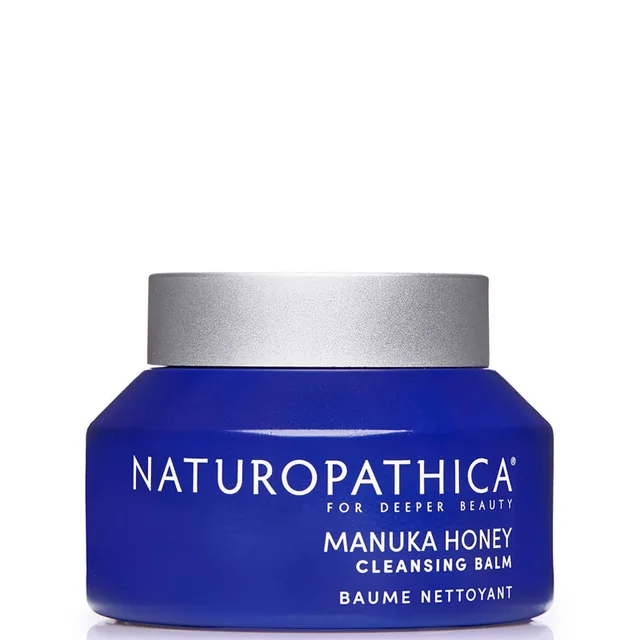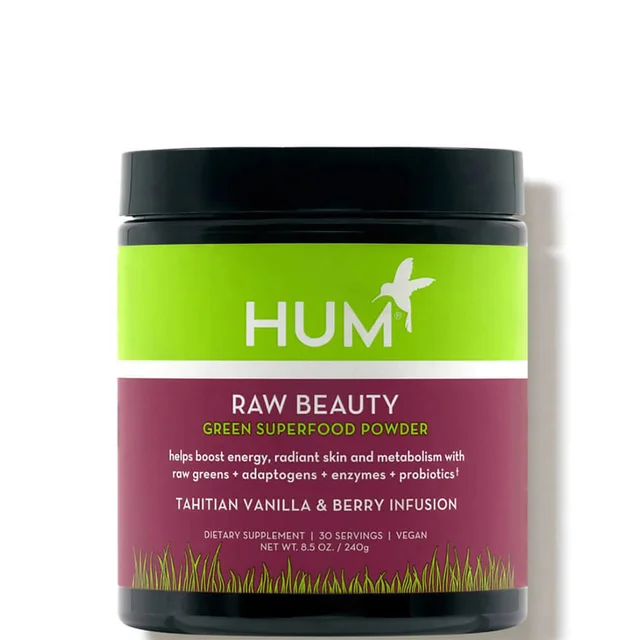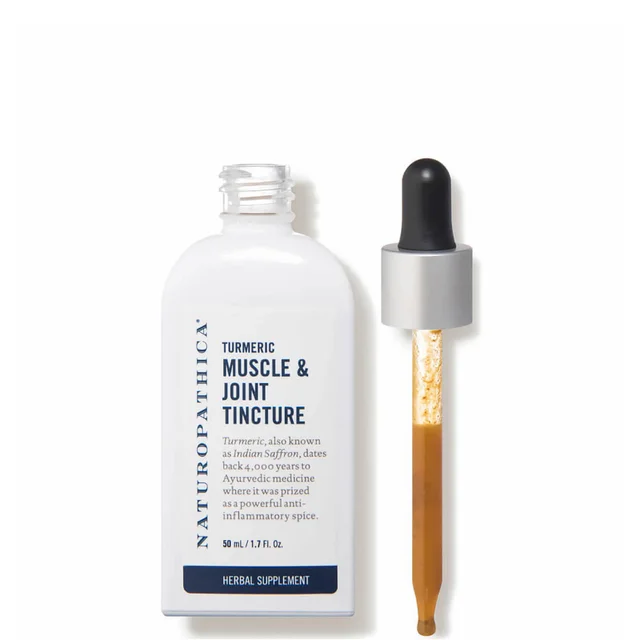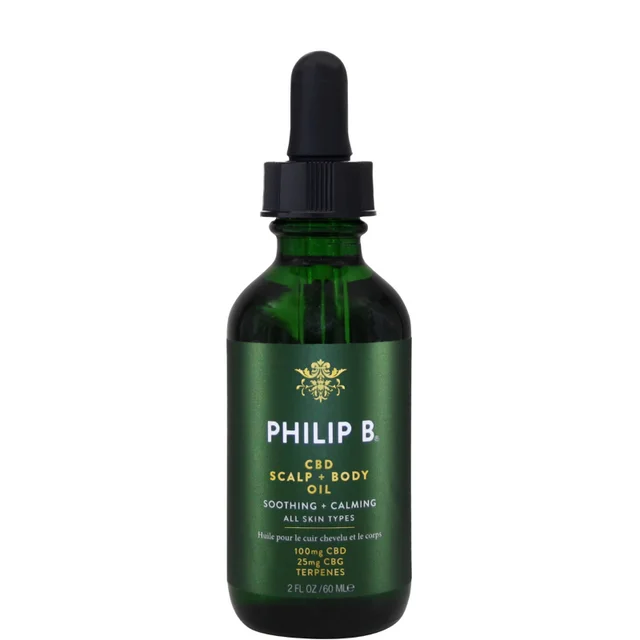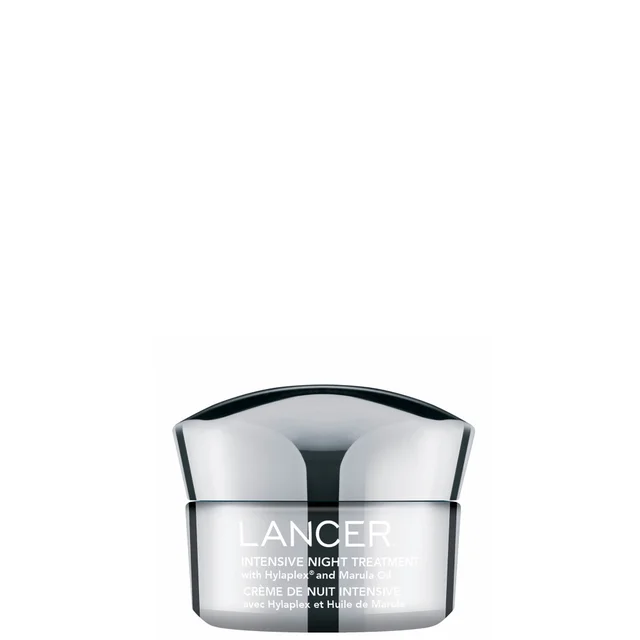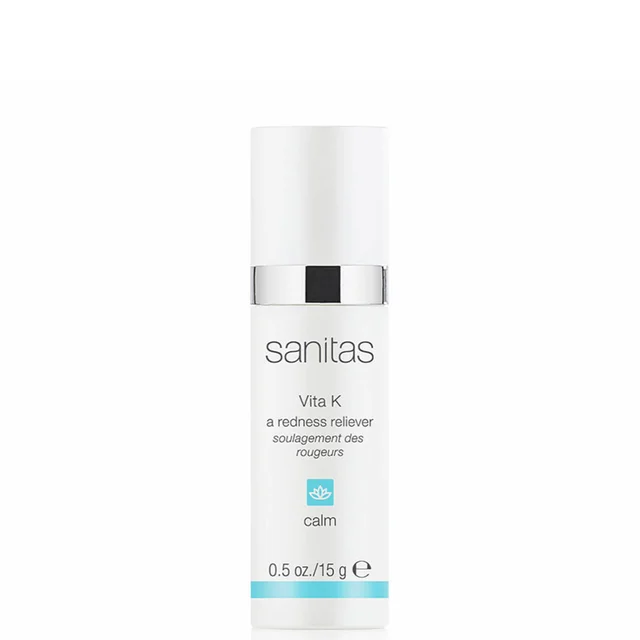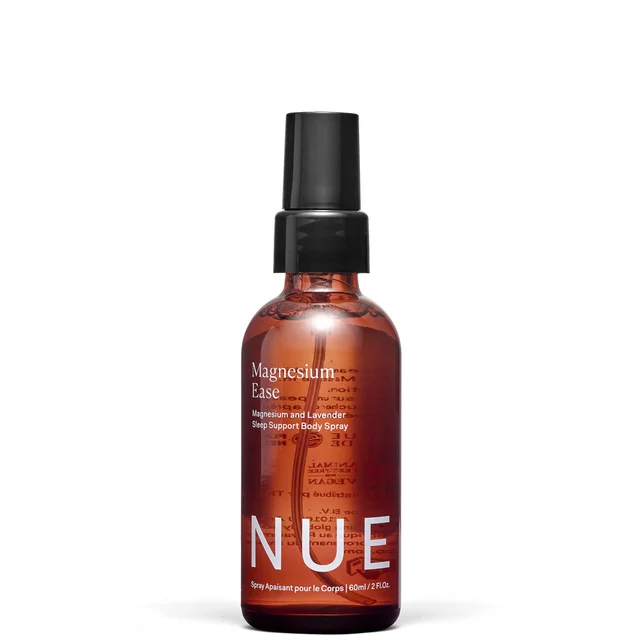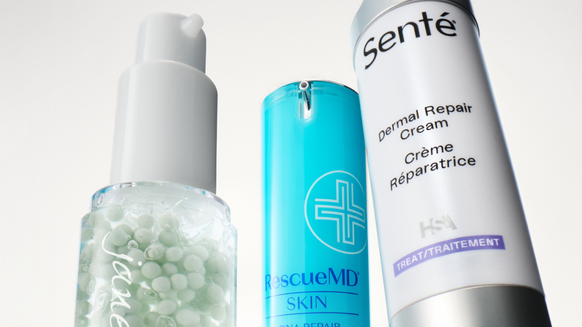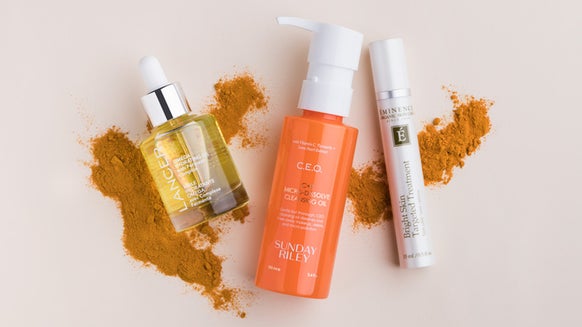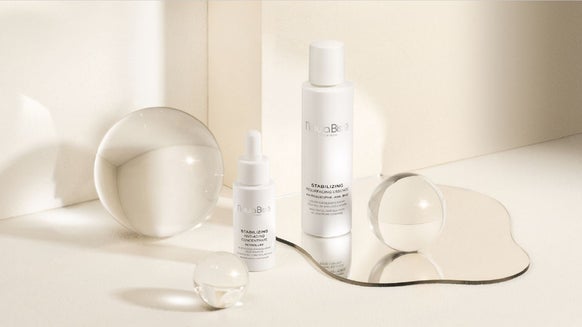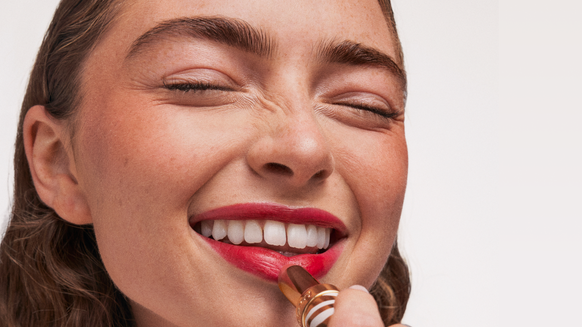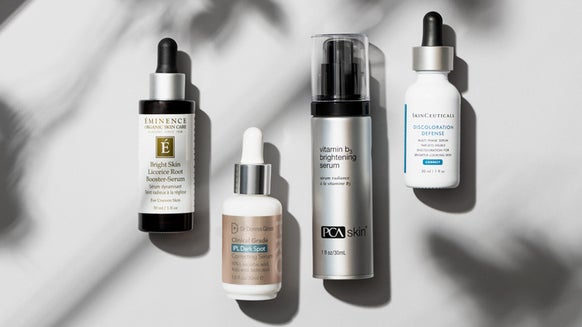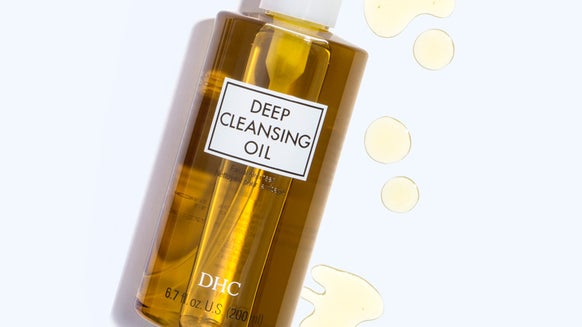What Is Inflammation, Plus the Best Skin Care Products and Supplements That Fight It
Nothing impacts our confidence quite like a breakout. Or feeling like our skin is so out of control, we can’t fix it. Red blotches or any type of influx in hormones or bacteria can spur inflammation—a blanket term that defines our body’s reaction to something. Or as dermatologist and clinical faculty
What Are the Different Types of Inflammation?
Though some people occasionally experience inflamed skin or other symptoms (more on this later), there are others who experience this more frequently. As Dr. Rogers explains, the first type of inflammation, aka acute inflammation, is our body’s immediate response to an injury. This type could happen to almost anyone and usually has a rapid onset that lasts a few days before passing. If you experience the symptoms more frequently, what you have could be chronic inflammation, in which the culprit is usually viral infections, autoimmune disease, a foreign body, gluten sensitivity or a slew of other factors. If you’re worried, it’s best to talk to your trusted physician or dermatologist for a clearer diagnosis or treatment plan.
What Are the Symptoms?
Board-certified dermatologist
Dr. Black also explains that our skin will react to inflammation with an increase in blood flow to the skin, making our faces red, sometimes causing swelling, pain or itchiness. “The dilated blood vessels also make it easier for your body to absorb the chemicals you are putting on your face, increasing the risk of further irritation. This is why it is so important to be incredibly selective about what you are putting on inflamed skin,” she explains. And of course, she adds, be mindful of your diet.
How Does What We Eat Impact Inflammation?
Dr. Rogers shares that because our gut and our skin are the two largest organs in our body and have exposure to possible irritants that could lead to inflammation, our digestion directly impacts the condition of our pores. Once the inflammatory pathway is activated, our immune system is turned on everywhere! “What this means is, if your gut is inflamed, your immune system is revved up, making skin more sensitive, more likely to become inflamed. The opposite is also true; if your gut is calm and your immune system is quiet, your skin will be less sensitive,” she explains.
For those who battle inflammation, an anti-inflammatory diet is suggested, since it avoids foods that commonly irritate the gut to prevent activation of the immune system and inflammatory pathways. “There are some standard foods to avoid but also, everyone is different and what inflames one person may not do the same for another,” she shares.
What types of food will work against inflammation? For starters, Dr. Black suggests stocking your daily meals with picks high in vitamins and minerals, like fruits and vegetables, as well as nuts and whole grains, fatty fish and oils. You’d also want to avoid anything processed, as well as any food that’s high in sugar, gluten, diary and other inflammatory ingredients.
How to Reduce Skin Inflammation?
If you want to go the topical route with skin care products or add a supplement to your diet, there are many effective ways to reap their benefits. Dr. Black says that since we can’t all eat 100 percent clean all the time, anti-inflammatory skin care products and supplements can be beneficial and helpful, too. “Supplements with vitamins and minerals can be beneficial for those [who] find it difficult to keep up a diet rich in all food groups including vegetables and fruits. Topical cosmeceuticals with various ingredients have also been formulated to help fortify the benefits of a healthy diet and lifestyle,” she raves.
Here are a few ingredients to look for in your skin care products and supplements:
1. Ginger
Why It Works: Dr. Rogers raves about this root, since it is bioactive. This means this chemical can stimulate changes in the body including settling the inflammation by inhibiting the synthesis of pro-inflammatory chemicals in the body like prostaglandin and leukotriene.
1. Naturopathica Manuka Honey Cleansing Balm (2.8 fl. oz.)
2. HUM Nutrition Raw Beauty - Tahitian Vanilla Berry Infusion (8.5 oz.)
3. Sunday Riley C.E.O. Glow Vitamin C Turmeric Face Oil (0.5 fl. oz.)
5. Naturopathica Turmeric Muscle Joint Tincture (1.7 fl. oz.)
6. Return to Calm CBD Cleanser 5.1ml
7. Return to Calm CBD Moisturizer 1.7oz
8. Philip B CBD Scalp and Body Oil 60ml
9. Sunday Riley JUNO Antioxidant + Superfood Face Oil 0.5 oz
10. Lancer Skincare Intensive Night Treatment with Hylaplex and Marula Oil (1.7 fl. oz.)
13. Sanitas Skincare Vita K (0.5 oz.)
16. Eminence Organic Skin Care Calm Skin Arnica Booster-Serum 1 fl. oz
17. The Nue Co. Magnesium Ease (60 ml.)

From the latest hair and makeup trends to the best solutions for your skin issues, we've got all your beauty concerns covered!
